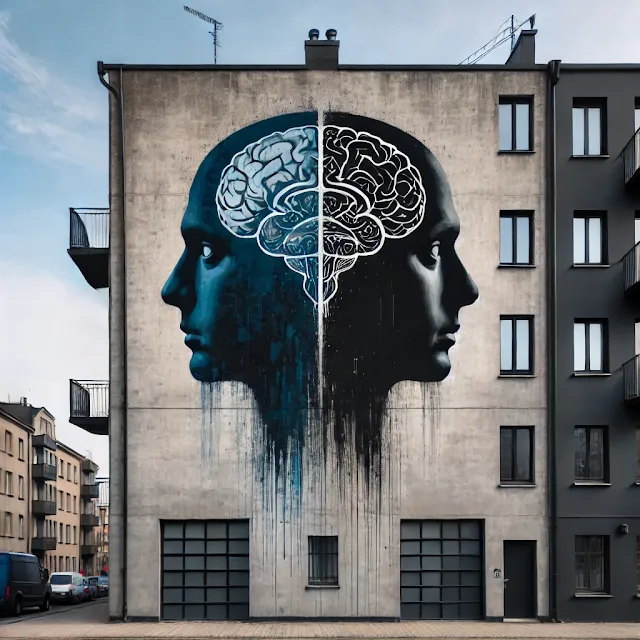In today’s political climate, cognitive dissonance plays a massive role in shaping our beliefs and behavior. Cognitive dissonance refers to the mental discomfort experienced when someone’s beliefs or values conflict with their actions. Whether in politics or personal relationships, this phenomenon affects how we view ourselves and how we treat others.
Cognitive Dissonance in Politics
In the political arena, cognitive dissonance is rampant. People may support policies or political figures whose actions and beliefs contradict their own core values, often because it’s uncomfortable to admit they’ve been wrong. Instead of reassessing their positions, they double down. This is particularly noticeable when political leaders engage in unethical actions that clash with their stated principles, and yet their supporters still stand by them.
For instance, a voter might support a policy or leader they initially believed would benefit the country, even when faced with evidence of harm caused by that policy. The conflict between the voter’s values and their support for this politician creates discomfort, which they resolve by convincing themselves that the long-term benefits outweigh the immediate harm. The human mind would rather justify contradiction than face the unsettling truth of having been wrong.
Cognitive Dissonance in Personal Relationships
On a more personal level, cognitive dissonance can be equally pervasive. In relationships, whether romantic, platonic, or familial, we often want to see ourselves as good, kind, and fair. However, our actions don't always align with this self-perception. Rather than face this contradiction, we rationalize our behavior.
For example, a person may believe they are a supportive friend but consistently fail to show up for their friends in times of need. Instead of reflecting on their actions, they may tell themselves, “I’m just really busy” or “They don’t really need my help anyway.” The dissonance between their self-perception and their actions is swept under the rug to avoid dealing with guilt or discomfort.
The Cycle of Hurt People Hurting Others
Another dimension of this dissonance is when people who have been hurt or taken advantage of begin to replicate that behavior towards others. This happens in both politics and personal life. People who feel disillusioned or exploited by the political system may become resentful, lashing out by supporting policies that harm others in an effort to prevent feeling vulnerable again.
In relationships, someone who was emotionally neglected might grow into a person who neglects others, all while telling themselves, “I’m just protecting myself.” The victim of one situation becomes the perpetrator in another, perpetuating a harmful cycle rooted in unresolved contradictions between their actions and their self-perception.
The Broader Picture
Cognitive dissonance in the political realm and personal relationships often share a common theme: the discomfort of confronting our own contradictions. It’s easier to convince ourselves we’re right or that we’re doing the best we can, than to face the messy, uncomfortable truth that our actions might be at odds with our beliefs. This reluctance to self-reflect doesn’t just harm individuals—it harms society.
The political landscape today is full of examples of people who refuse to admit when they’ve been misled or when their beliefs no longer serve them. This lack of self-reflection, this cognitive dissonance, is what enables harmful policies to flourish and toxic relationships to persist.
Breaking the Cycle
So, how do we move forward? The first step is acknowledging that we all experience cognitive dissonance at some point in our lives. In politics, this might mean re-evaluating a long-held belief when presented with new information. In personal relationships, it could mean facing uncomfortable truths about how we treat others.
The goal isn’t to avoid dissonance entirely—it’s inevitable—but to face it head-on and work through it. By recognizing these contradictions and being willing to change, we can become more authentic individuals and contribute to a more just and compassionate society.
The Power of Self-Reflection
At its core, cognitive dissonance is about the tension between who we think we are and how we actually behave. In a political climate full of division, where people cling to beliefs even when evidence contradicts them, this dissonance has broader societal implications. But it doesn’t just end in politics. Our personal relationships reflect this struggle too. The challenge is to not only recognize these inconsistencies but to actively work on aligning our actions with our values—whether it’s how we vote or how we treat those closest to us.













.png)


.png)
0 Comments